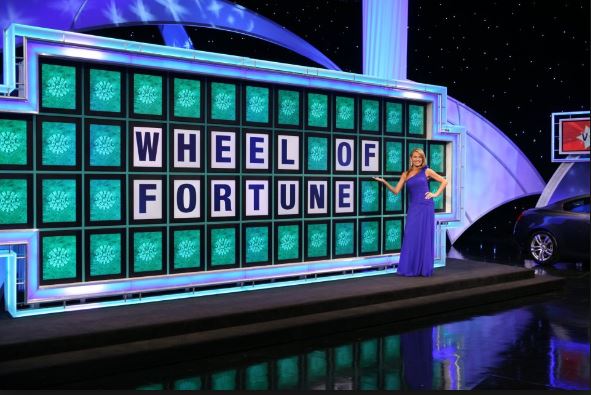I’d like to buy a vowel, Pat
Contestants on Wheel of Fortune spin the wheel to earn the right to uncover letters to reveal a phrase or idiomatic expression. Vanna White glides across the stage, turning the letters on the board, and by the end of the show someone will be going on a dream vacation to Jamaica.
As of November 2015 (source: wikia.com) eight countries around the world—Brazil, Croatia, Greece, Romania, Russia, Serbia, Spain and Vietnam—have their own versions of Wheel of Fortune. And it’s more than the words on the board that have been translated. Every detail of the program, from wardrobe to stage set-up, has been adapted to the local culture.
A YouTube video of the Vietnamese production of Wheel of Fortune shows a teenage version of Vanna and only one contestant. In Spain, La Rueda de la Fortuna features several contestants (as in the American version) but Vanna is wearing summer shorts, not an evening gown.
You can bet producers are not using word-for-word translations of idiomatic expressions like “Stop splitting hairs” for the game show broadcast in other countries, but rather equivalent phrases that makes sense to local participants. In Spain, the culturally bound translation would be “Deja de buscarle cinco patas al gato.” which back translates as “Stop looking for five legs on a cat.”
The producers of Wheel of Fortune did their homework in order to ensure the success of the show in each new market. So what should you consider when taking your products or services outside the U.S.?
- Think international from the beginning: Define your target audience.
- Choose the right language variation: Simplified or Traditional Chinese? Continental or Canadian French?
- Language is only the beginning: Work with a cultural consultant.
- Finalize your source documents before embarking on translation.
- Make sure your translations are culturally relevant: Engage your in-country counterparts.
Translation is the art of finding the delicate balance between words and cultural nuance. Meaning should not be lost in the process. Multilingual communication companies with broad international expertise can help you bridge linguistic and cultural barriers.
To protect your brand, leave the potentially risky work to the industry pros. Professional translators and branding experts work side-by-side to “transcreate”. The result is content that reads as if it had been originally written for the target audience. If you want to play with words, break out your Scrabble board.
We would love to hear from you. Contact Vivian Isaak at visaak@magnumgroupinc.com





